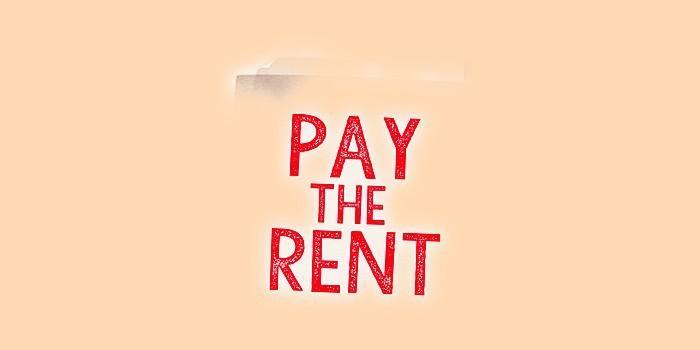Once you’ve signed a lease, you are under a contract for a specified period of time. Consequences of failing to maintain your end of the contract with the landlord could result in fines, negative reports made on your rental history report and eviction.
Eviction is a serious consequence. Not only does it mean you’re out of a home, but it can also appear on your rental history report, which then could discourage future landlords from renting an apartment or home to you. Here are the top three actions that will result in eviction:
1. Not paying rent – Your landlord is running a business. If you don’t pay your rent in full and on time, your landlord is not making the money he budgeted for. He will have a legal process to follow to evict you, usually starting with posting a notice of eviction on your door. If you have concerns that the eviction is not legal, research the eviction regulations in your state and contact a legal advisor.
2. Damage to the property – Minor wear and tear is anticipated during a lease term, but major damage caused by yourself, or any guests, can be cause for eviction. This does not include damage caused by natural forces like storms, fire or broken water pipes. Renters might be able to avoid eviction by working out an agreement with the landlord to fix the damage.
3. Complaints and illegal activities – Many landlords will establish a “three strikes and you’re out” rule. Review your lease agreement to determine if you have such a rule, and what it stipulates. Some landlords will count neighboring tenant complaints as a strike, while others will require a police visit/report. However, if you’re arrested for conducting an illegal activity in your apartment, your landlord could take action to evict you immediately.



